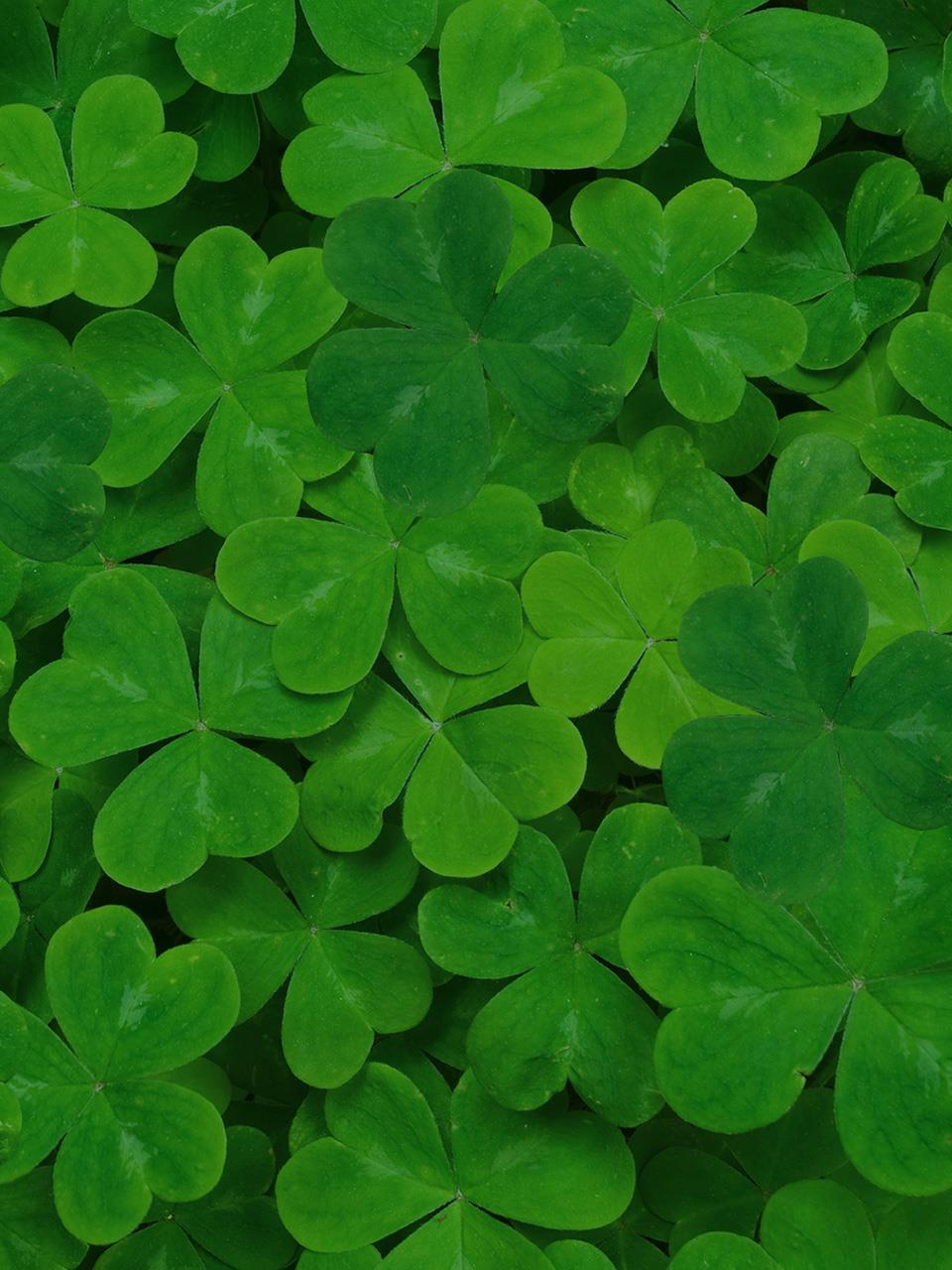
Tap to Read ➤
Clover Honey and its Surprising Health Benefits
Pushpa Duddukuri


Passing through the aisles in a supermarket, you might have noticed several brands of clover honey kept on the shelves. How is it different from regular honey? Read this post to find out more about this honey.
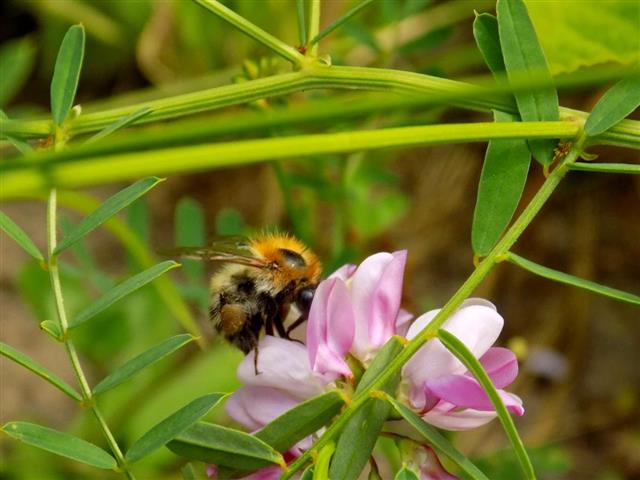
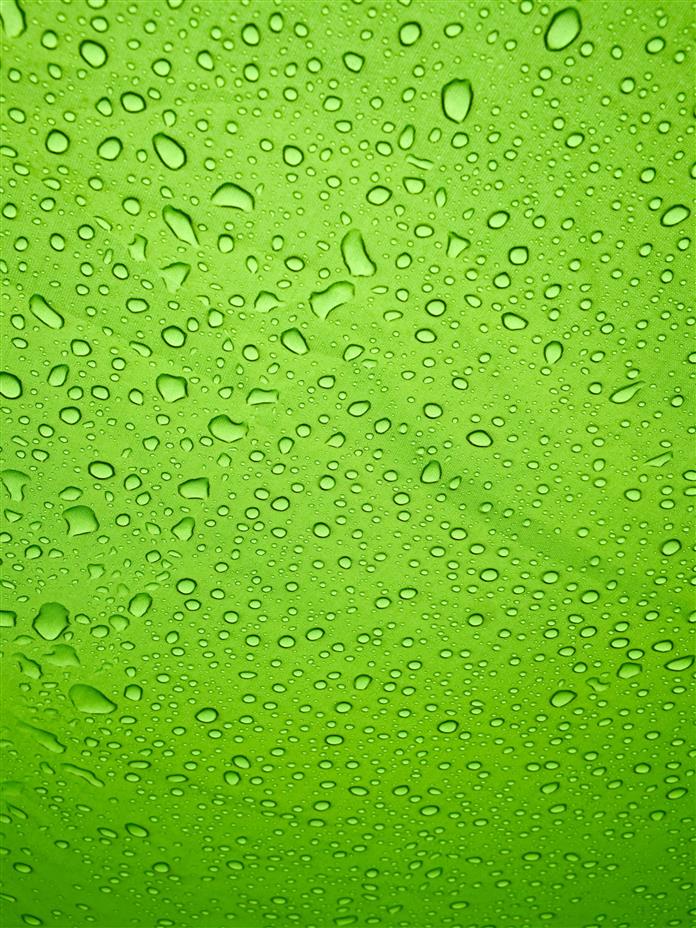
Apart from the basic type of honey that we see in fancy packages and bottles in food marts and stores, there are many differently flavored honey available which suits every kind of palate. Clover honey is one such kind of honey which has a distinct, pleasing and mild taste.

It has the largest production in the United States compared to other flavored honey. It is produced by feeding the bees primarily on the nectar of the fruits of the clover plant. This aromatic herbaceous plant produces a strong aromatic nectar which upon consumption by bees, gives a grassy flavored honey that is used in cooking as well as a condiment.

There are three main factors which contribute to a good quality clover honey. The season in which this honey is produced determines its rich flavor. Generally, the summer and late spring tend to bring out the best in it as the low moisture levels in the atmosphere during these times stress the plant which leads to a good yield of nectar.
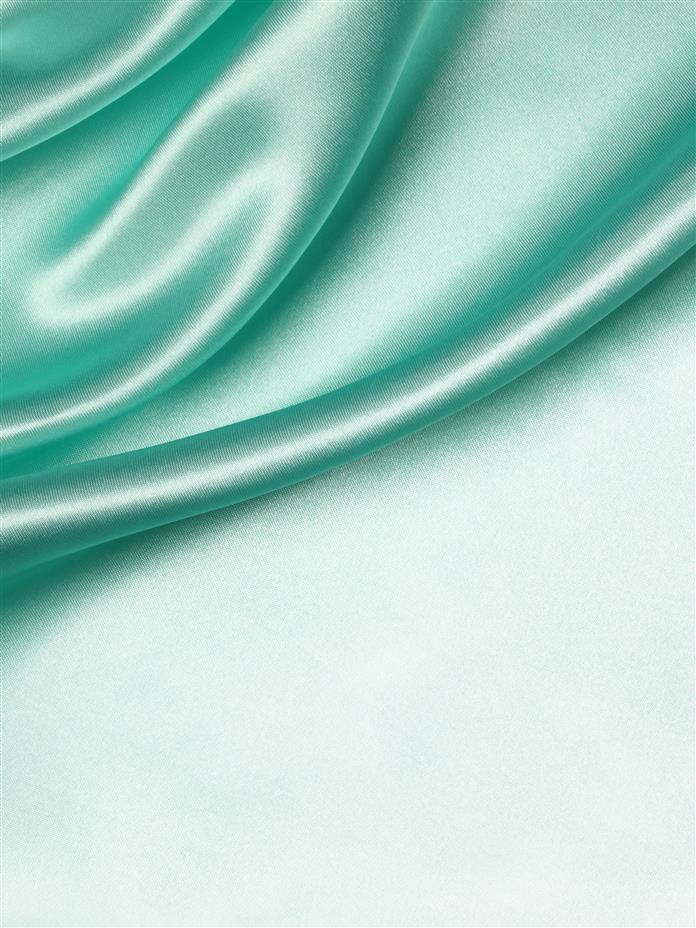
Apart from that, the diet of bees also matters significantly. Mostly, beekeepers control the eating habits of bees and encourage them to feed only on clover nectar. But if the nectar of some other plant is consumed by bees, then the subtle flavor of this honey can be altered.

The third contributing factor in the goodness of honey is the production procedure it goes through. Most of the time, honey is pasteurized in order to kill the bacteria and remove the impurities but this also tends to 'kill' its mild flavor.
Your browser doesn't support HTML5 video.
For this reason, some people prefer to consume it in the raw form. The main clover plants used for honey production in the United States are white Dutch clover, white blossom clover and yellow blossom clover.
Abstract Flat Style Neon And Line Animation
Nutrition Facts and Benefits

This type of honey has been used as an herbal remedy since the time of Hippocrates. The Chinese have documented its medicinal use in their texts. It has a convalescing effect when applied on a wound.
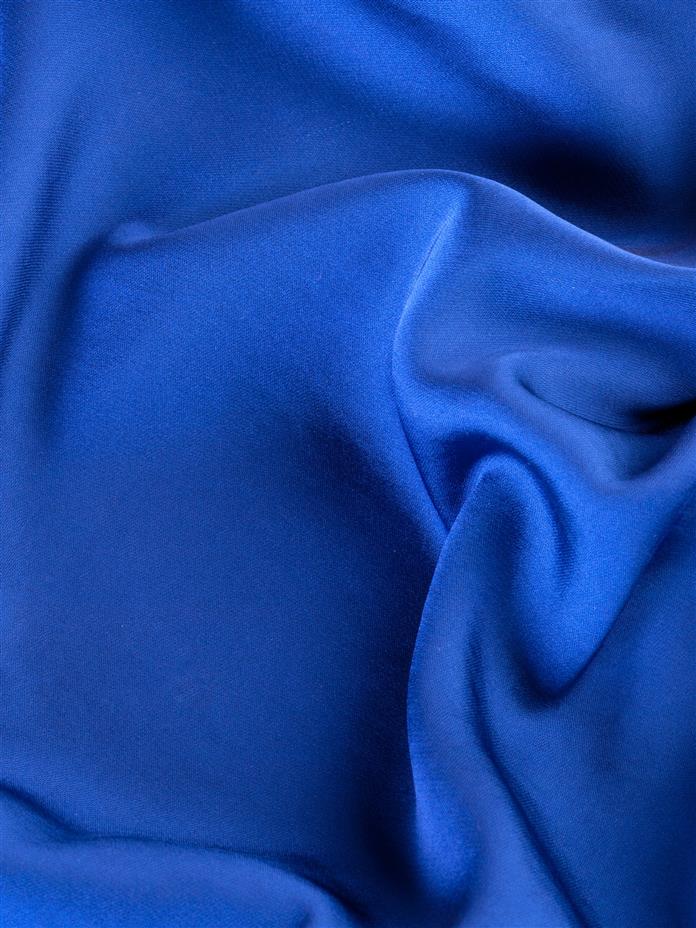
As it contains lots of vitamin C, along with traces of potassium, copper and iron, it helps in wound recovery by acting on the slow healing injuries. Its consumption benefits the body as it is loaded with antioxidants which curb down the oxidation of low density lipoproteins and lowers the level of homocysteine, both of which contribute to heart diseases.

It also facilitates the production of alpha hydroxy acids which help in skin rejuvenation. Apart from its anti-aging properties, it also works wonders as a digestive aid and has cough suppressant qualities. Even blood pressure can be considerably reduced by drinking a cup of tea with one or two spoonfuls of this honey.

Another amazing property of this herbal medicine is its ability to stimulate the stomach and reduce the risk of liver problems.

This honey isn't exactly calorie free as it contains 64 calories in one teaspoonful. It does not have any proteins, fats or cholesterol and contains small amounts of manganese, calcium, fluoride and choline. Another characteristic is the presence of tiny amounts of yeasts and bacterial spores.

Though it's not harmful to any healthy adult, but it can cause harm to small children as their immune system is not fully developed. This honey is believed to have germ-destroying properties due to its phytochemical components. However, raw honey has more of such properties than processed one.

It also has a good share of beneficial bacteria, namely bifidobacteria. You can reap its benefits by consuming 2 tsp of this honey every day as it is believed to have anti-tumor qualities.

Concerns
It is made from the pollen's of the clover plants and hence, there is chance that pollutants and chemicals that are on the flowers of these plants get transferred to your honey.

Moreover, there is also a risk of botulism which can arise if the honey is not pasteurized properly to get rid of the harmful germs. On the other hand, pasteurization process leads to the loss of its flavor and vital nutrients as this process involves overheating and filtering.
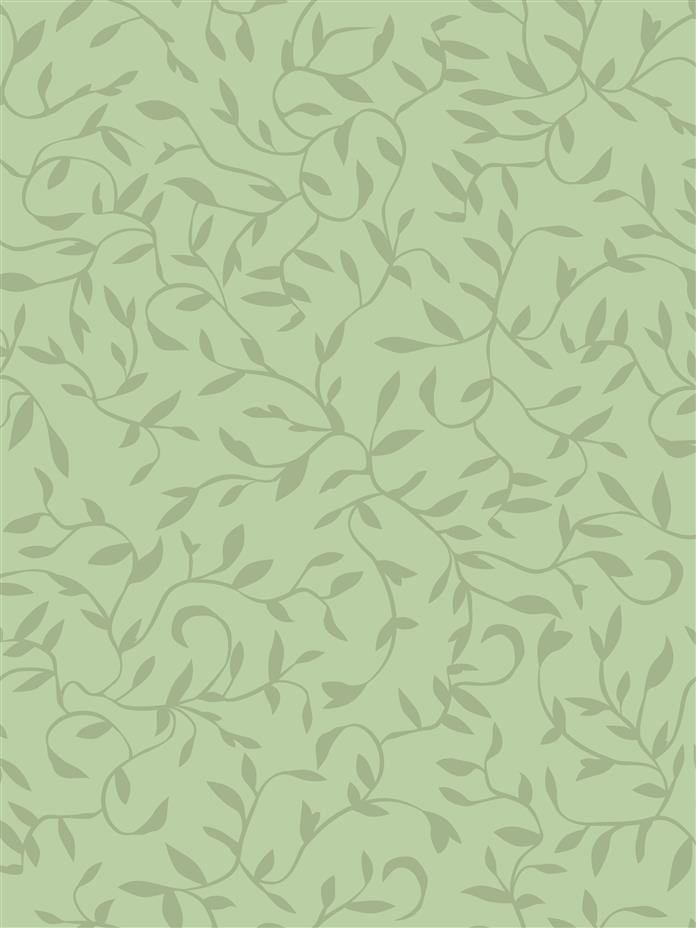
Even though, a bottle of clover honey claim to be "100% pure", it is highly unlikely to get its complete pure version which is white or light amber in appearance. This is because it is very difficult to control the diet of the bees. Sometimes, the beekeepers feed them on orange blossoms to increase the floral flavor of their clover honey.

Consuming this type of honey everyday is beneficial to the body and pleasing to the taste buds. Storing it properly is a requisite condition to preserve its nutrients. Therefore, store it in airtight containers and keep it in an area where the temperature is less than 50 degrees. Do not refrigerate any honey as it crystallizes in cold temperatures.